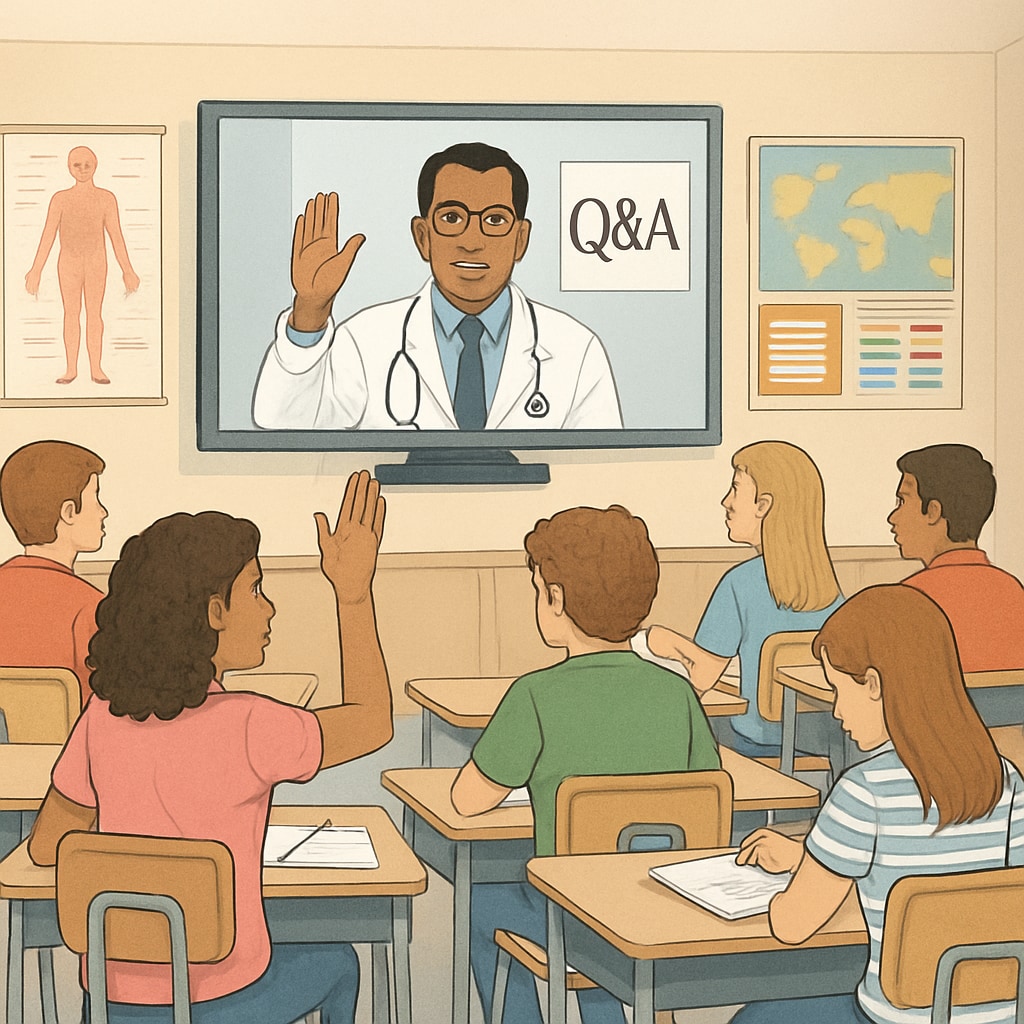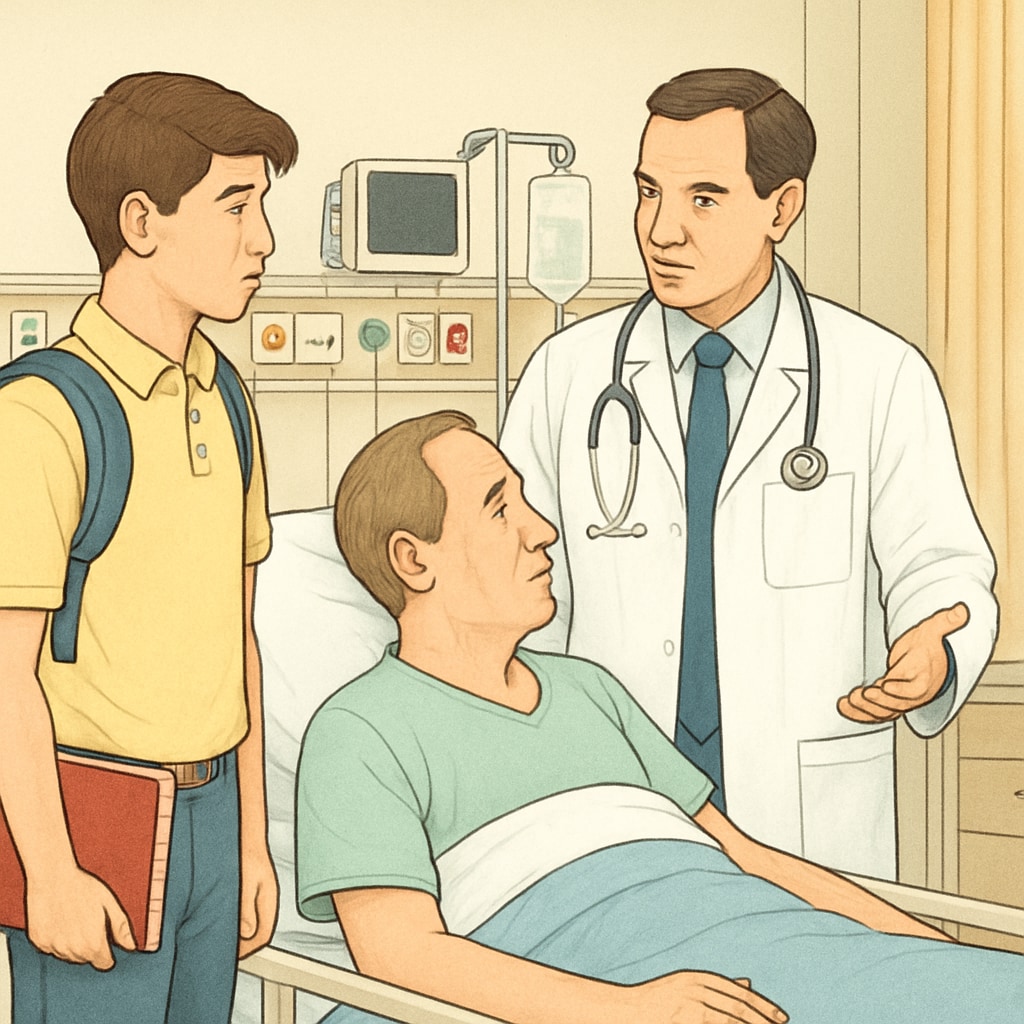High school students often face challenges when considering their future paths, particularly when it comes to choosing careers in complex fields like medicine. To address this, a school project focusing on medical careers, school programs, and career counseling has been introduced. This initiative gives students the opportunity to interact directly with healthcare professionals, gaining invaluable insights into the medical field and guidance for making informed decisions about their future.
Why Medical Career Exploration Matters
The medical field is a demanding profession that requires years of education, dedication, and passion. However, many students lack a clear understanding of what a career in medicine entails. This gap in knowledge can lead to uncertainty and missed opportunities. By connecting students with experienced medical professionals, this program addresses these challenges head-on, offering young learners a realistic look at the rewards and demands of the profession.
For example, students can learn about the various specialties within medicine, the typical day-to-day responsibilities of doctors, and the educational pathways required to achieve their goals. As a result, they can make better-informed decisions about whether a medical career aligns with their interests and strengths.

How the Program Works
This innovative school initiative is designed to be interactive and accessible. It typically involves structured Q&A sessions, career workshops, and mentorship opportunities. Here’s how it works:
- Guest Lectures: Medical professionals are invited to schools to deliver talks about their careers, sharing real-world experiences and addressing students’ questions.
- Virtual Consultations: For schools in remote areas, online platforms enable students to connect with doctors, ensuring equal access to resources.
- Hands-On Workshops: Students can participate in simulated medical scenarios, such as basic first aid, to gain practical insights.
- Mentorship Programs: Long-term mentoring relationships are established, allowing students to receive guidance throughout their academic journey.
These activities not only bring the medical field to life but also help students build valuable relationships with professionals who can inspire and support their aspirations.

Benefits for Both Students and Professionals
Programs like this offer a wide range of benefits. For students, the opportunity to interact with doctors provides clarity and confidence. They can understand the realities of the profession, including the challenges, rewards, and sacrifices involved. This information is crucial during pivotal decision-making periods, such as selecting college majors or choosing pre-med tracks.
For medical professionals, participating in these programs allows them to give back to the community and inspire the next generation of healthcare providers. It’s also an opportunity to advocate for the profession and address common misconceptions about the field.
Moreover, these initiatives contribute to the broader goal of strengthening the healthcare workforce. By helping students make informed choices, schools can play a vital role in ensuring that only those with a genuine passion for medicine pursue this demanding path, ultimately leading to better-prepared and more committed healthcare providers.
The Future of Career Counseling in Schools
As education evolves, integrating career exploration into the curriculum is becoming increasingly important. Programs like this one serve as a model for other fields beyond medicine, demonstrating how direct engagement with professionals can empower students.
For schools looking to adopt similar initiatives, collaboration is key. Partnering with local hospitals, clinics, or professional organizations can provide the resources and expertise needed to create meaningful experiences for students. Additionally, leveraging technology can help overcome logistical barriers, making these opportunities available to students regardless of location.
In conclusion, the medical career exploration program is a shining example of how schools can prepare students for the future. By offering real-world insights and access to experienced mentors, this initiative not only supports students in their academic and professional journeys but also contributes to the development of a stronger and more passionate healthcare workforce.
Readability guidance: This article uses short paragraphs, clear subheadings, and bulleted lists to enhance readability. It incorporates transition words (e.g., for example, in addition, as a result) to create a logical flow. Long sentences and passive voice are minimized to maintain clarity and engagement.


